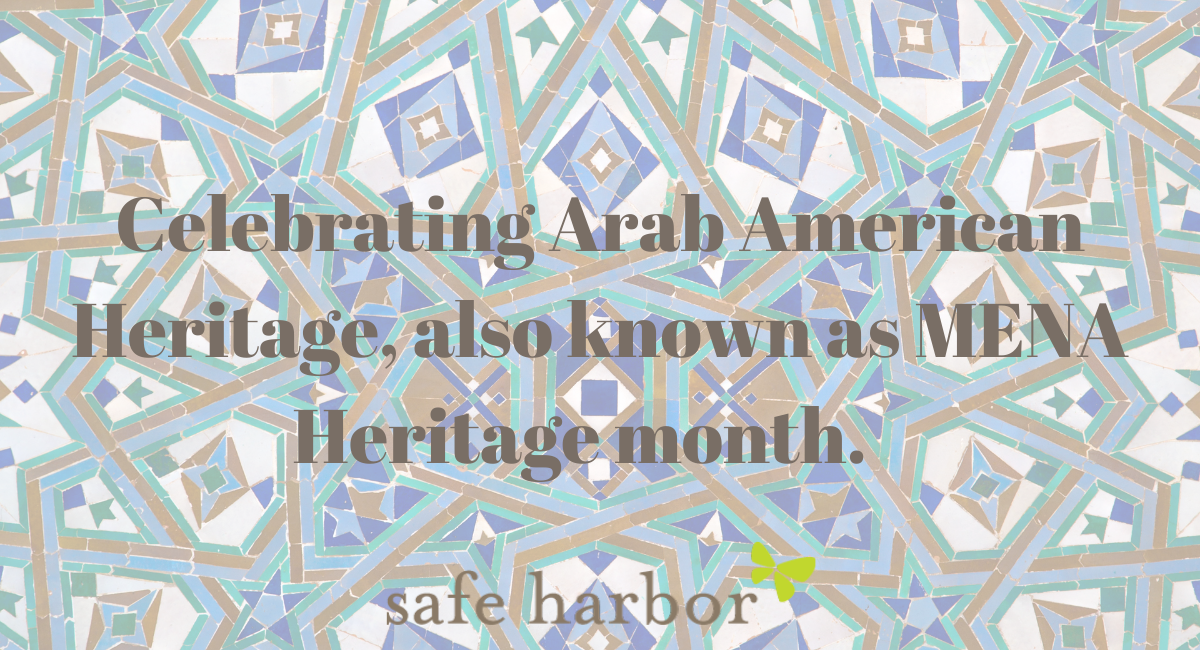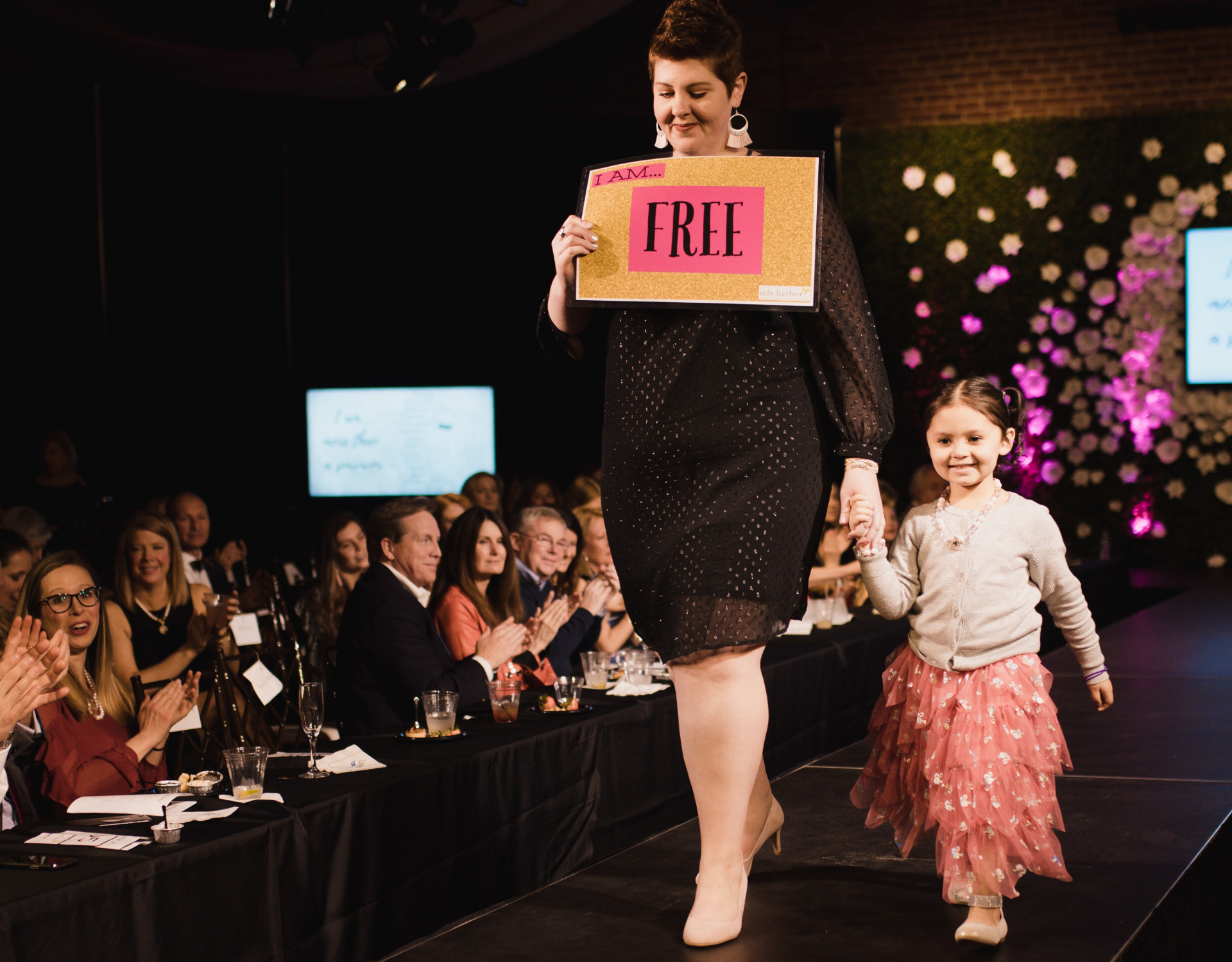If you did not know April is Arab American Heritage, also known as MENA Heritage month. For the record MENA is an acronym that means Middle East and North Africa. This incredibly beautiful and diverse region of the world has often been villainized as a dangerous place. We have all heard the stereotypes of the people from this region as, scary, uncivilized, barbaric, and terrorists. Ignorant ideas aside, the larger issue is that we hear very little, if any, positives about the region or its people. There is so much beauty, the music, the colors, the spices, the food, the architecture, the hospitality, and so much more. Instead of talking about why this line of racist and ignorant thinking is so problematic, I would rather use this time to celebrate some of the amazing ancient inventions that have come from the people of this region that have helped shape and contribute to the modern world!
- The Flying Machine – Move over Wright brothers and even 100 years before Da Vinci. The original inventor of flying was Abbas Ibn Firnas. In 857 AD, at the age of 70, Ibn Firnas made the world's first-ever flying machine from silk and eagle feathers and jumped from a mountain while strapped into it. The machine floated into the sky and successfully stayed there for all of ten minutes, before making a crash landing. He was the prototype that inspired the flying machines to follow.
- The Hospital – If you have ever had to go to the hospital, you have the very first hospital to thank for that. The first hospital was the Ahmad Ibn Tulun Hospital founded in 872 AD in Cairo. By the way, it was entirely free to use. The idea behind hospitals in the Muslim world a thousand years ago was to provide a range of facilities from treatments to convalescence, asylum, and retirement homes. They looked after all kinds of people, rich and poor because Muslims are honor-bound to provide treatment for the sick, whomever they may be. Before the Muslims, the Greeks had temples of healing. In these, health care was based more on the idea of a miraculous cure rather than on scientific analysis and practice.
- Anesthesia and Surgical Instruments – We did not just give you hospitals but much of modern medicine comes from the Arab world. Al-Zahrawi (936–1013 AD), the greatest surgeon of the Middle Ages, wrote a 30-volume encyclopedia of medical practices, parts of which remained the standard textbooks in Europe for more than five hundred years. He invented the method of administering an anesthetic to patients by steeping a sponge in medical drugs and dabbing it in patients’ nostrils and lips, which was called Inhalation Anesthesia. He also invented over two hundred surgical instruments, most of which are still in use today, like scalpels, pincers, curettes, lithotrites (for crushing bladder stones), and even the forceps used in extracting. He was the first to perform the migraine surgery and his book, On Surgery and Instruments, was the first illustrated book on surgery ever written. The syringe was invented by the Iraqi surgeon Ammar ibn Ali al-Mawsili in the 9th century when he hollowed out a glass tube to remove cataracts from patients’ eyes using the tube’s suction.
- The First University – If you have a degree you have Fatima Al-Fihri (800–880 A.D.) was the daughter of a rich merchant to thank. She built the world’s first university, The University of al-Qarawiyyin (or Karueein) in 859 AD in Fez (which is now Morocco). Initially begun as a mosque for educational purposes, this was the first degree-awarding university in the world, teaching a variety of subjects like Islamic Studies, Mathematics, Medicine, and Astronomy. According to UNESCO and Guinness World Records, it is the oldest operating university (preceding the University of Bologna by a century) and is also home to one of the oldest libraries on earth.
- Soap – Did you wake up this morning and wash your hands, face, or took a shower; well we got you covered there as well. Although a soap-like material was first used by ancient Babylonians in around 2000 BC, the first soap we think of today with a pleasant smell was manufactured in the Middle East during the Islamic Golden Age, by combining vegetable oil with sodium hydroxide and aromatics like thyme oil. Several recipes for soap-making, which was then established as an industry, was described in detail by Zakariya al-Razi (854AD–925AD), including the ways of separating glycerine from olive oil.
- Toothbrush & Toothpaste – We did not just give you soap. I hope you brushed your teeth this morning because that toothbrush you used also comes from the Arab world! The first recorded use of a toothbrush for oral hygiene purposes was between 3500 –3000 BC when cultures in ancient Egypt and Babylon used twigs with frayed ends to remove plaque from their teeth. The Prophet Mohammed popularized the use of the first toothbrush in around 600. Using a twig from the Meswak tree, cleaned teeth and freshen breath. Substances similar to Meswak are used in modern toothpaste.
- Coffee – Did you have your coffee this morning? Now the Western world's drink du jour, over 400 billion cups are sold annually. Coffee first popped up in 9th century Ethiopia, when an Arab goat-herder named Khalid (or Kaldi) observed his goats chewing on some seeds and getting unnaturally excited. He began boiling the seeds, which gave a fragrant dark brown liquid. Coffee was first brewed in Yemen around the 9th century. In its earliest days, coffee helped Sufis stay up during late nights of devotion. Later brought to Cairo by a group of students, the coffee buzz soon caught on around the empire. By the 13th century, it reached Turkey, but not until the 16th century did the beans start boiling in Europe, brought to Italy by a Venetian trader.
- Pens – None of us are strangers to looking for a pen, possibly to sign a check, more on that later, but the modern fountain pen’s first known record comes from Al-Tamimi’s book, Kitab al-Majalis wa ‘l-musayarat, in 973. When a Fatimid caliph of Egypt demanded a pen that would not leave ink stains on his hand, he was given a pen with an ink reservoir inside it, which functioned when held upside-down with the help of gravity. This led to the pens that we use all the time today.
- Banks and Checks – Is anything more lovely than payday! Cashing that check at the bank after working hard all that time. Well, that check you just cashed to your bank is also thanks to the Arab world! The concept of banking began in ancient Assyria and Babylonia around 2000 BCE with merchants offering loans of grain as collateral within a barter system. This was the precursor for modern banking. The modern check, originating from the Arabic word saqq, was first used by 9th-century Muslim traders. It was a written vow for the payment of money upon the arrival of the goods at their intended destination, which meant that a trader traveling from Baghdad could cash his check in China. This greatly reduced the risk of having to carry large bags of coin through dangerous territories teeming with highwaymen.
- The Crankshaft and Combination Lock – So many times we open locks and use a machine that has some form of a crankshaft like a bike or an engine and we don’t think about who gave of these devices. The crankshaft plays a central part in modern machinery. A simple device is the backbone of internal combustion engines. It was invented by Ismail al-Jazari, one of the three extremely talented Banu Musa brothers. Their book, The Book of Ingenious Devices, consists of a hundred illustrated mechanical instruments with detailed descriptions, including the combination lock, with some of them instruments still in use today.
Well, there you have it, only 10 of many inventions that make our life amazing from the MENA region. Now, this is only a minute look at the many beautiful splendors of MENA. We did not even talk about Hummus and Falafel! I would encourage all of you to learn more about the region, as well as spend some time with your friends from the MENA region. Go to our local Pita House here in Greenville or any of your local Middle Eastern restaurants, get a book about the beauty of the region, find the amazing people doing incredible work to make this world a better place, listen to the music, and take time to celebrate this month and your friends and loved ones from the MENA region. I promise you will find so much beauty that you probably never knew existed.
Happy Arab American Heritage Month Everyone!!
- Omar Jalil





